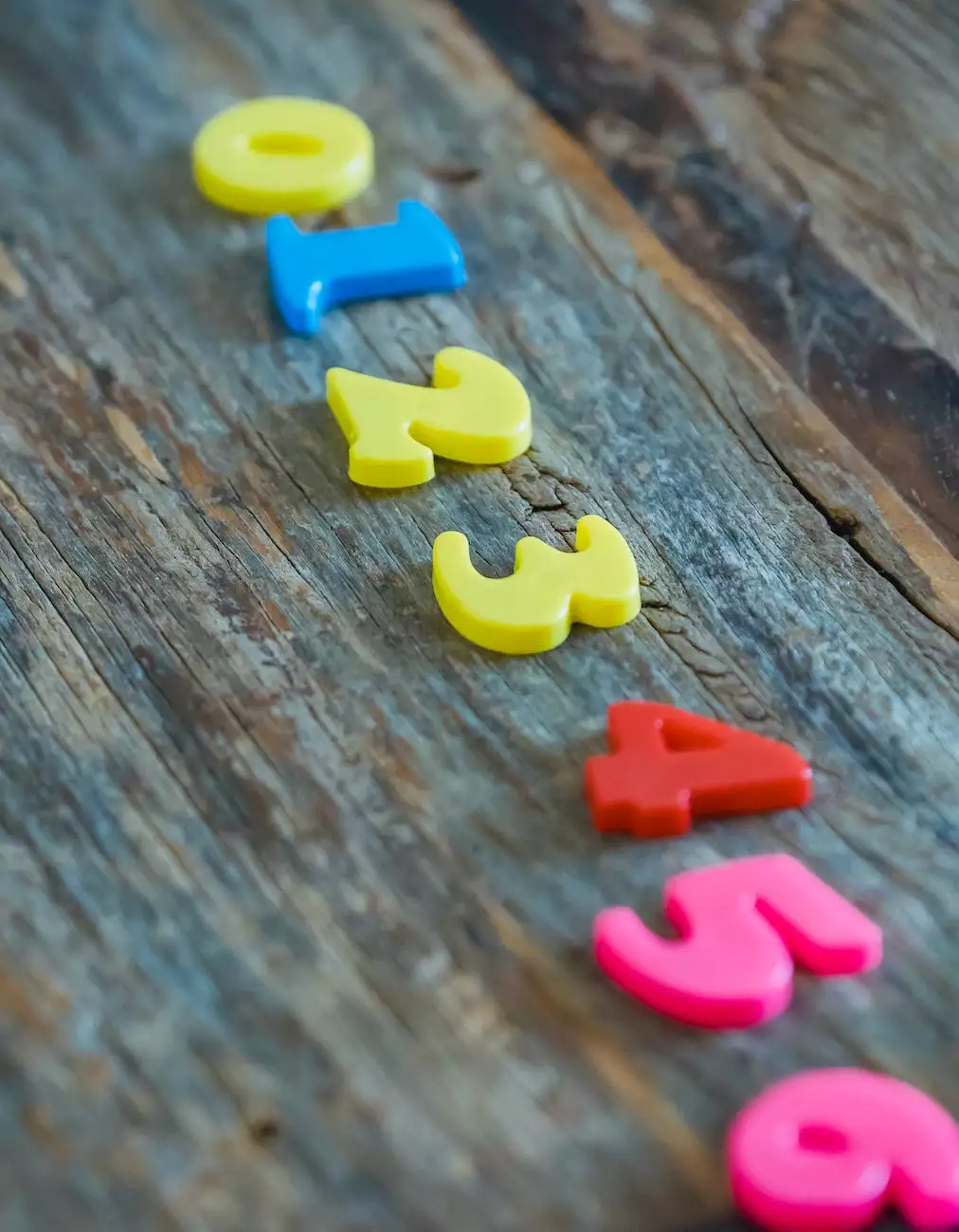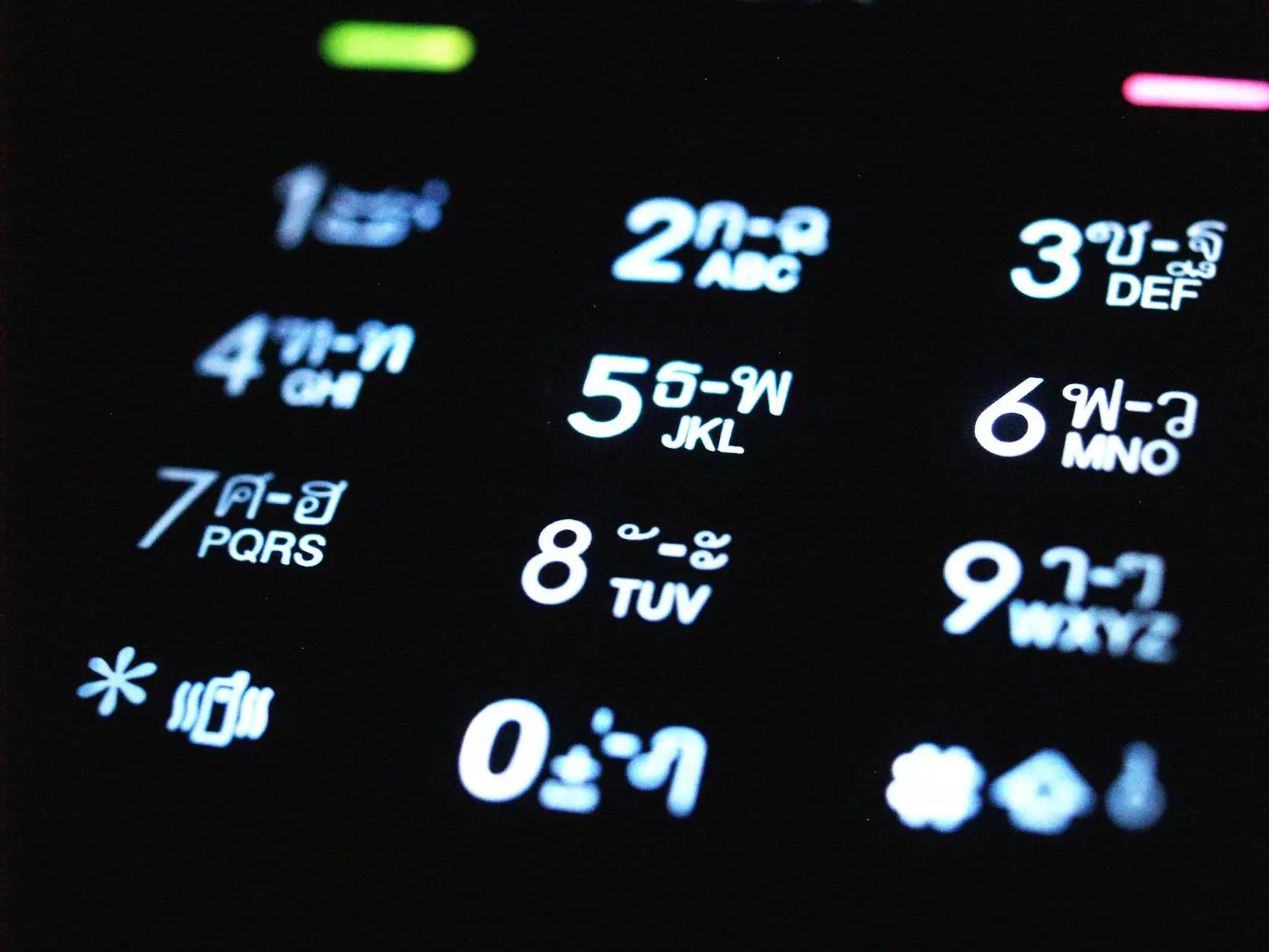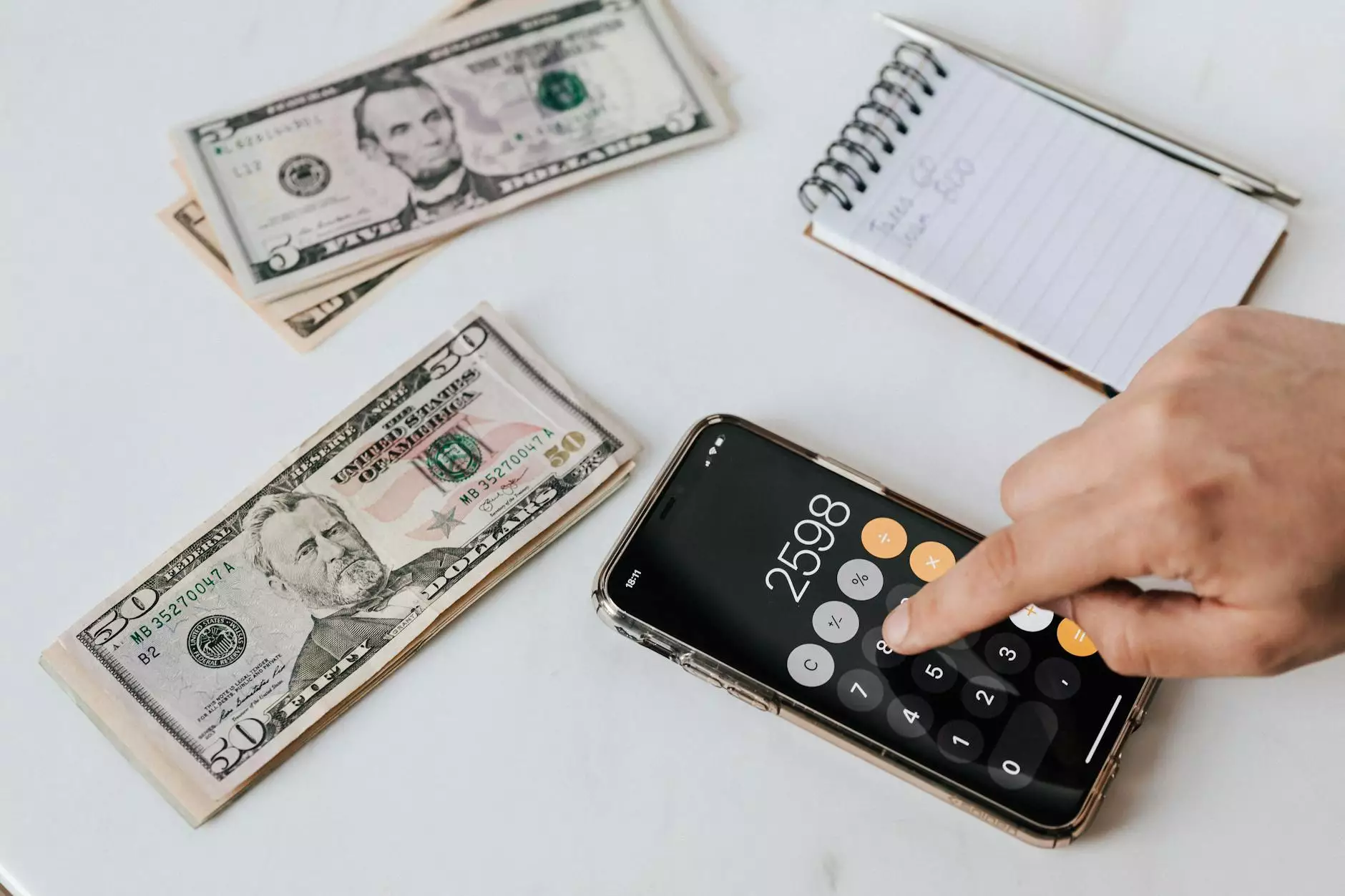English Vocabulary Lesson – Suppose vs. Guess vs. Figure
English Vocabulary Lessons
Expand your English vocabulary with NJCLT's in-depth lesson on the distinctions between the terms 'suppose,' 'guess,' and 'figure.' By gaining a thorough understanding of their nuances, you can confidently communicate and express your thoughts with precision.
What Does 'Suppose' Mean?
'Suppose' is a versatile verb that can be used in various contexts. It implies forming an opinion or assumption based on given information or circumstances. It often suggests a hypothetical scenario or speculative reasoning. Let's delve into different ways in which 'suppose' is used:
- Conjecture: When you're unsure about something, you might say, "I suppose it could be true." This indicates a tentative belief or assumption.
- Expectation: You can express an expected outcome by saying, "I suppose they will arrive soon." Here, 'suppose' implies a reasonable anticipation based on past experiences or factual evidence.
- Supposition: In a hypothetical scenario, you might use 'suppose' to introduce a situation: "Suppose you won the lottery tomorrow, what would you do?" This invites the listener to imagine a hypothetical event.
Exploring the Meaning of 'Guess'
The verb 'guess' involves forming an opinion or estimation without definite knowledge or evidence. It often indicates a reliance on intuition or a judgment based on limited information. Let's examine different ways in which 'guess' is employed:
- Estimation: When providing an approximate answer, you might say, "I guess it's around 500 kilometers." This implies an educated guess or rough estimation.
- Speculation: In situations where facts are insufficient, you can use 'guess' to suggest an opinion: "I guess she won't be attending the event." This reveals a supposition supported by instinct or an understanding of the person's habits.
- Uncertainty: When you are uncertain about a particular matter, you may express it by saying, "I can only guess what the weather will be like tomorrow." This conveys a lack of certain knowledge or inability to predict accurately.
The Multiple Uses of 'Figure'
The verb 'figure' is used in various ways, indicating reasoning, calculation, or perception. It involves arriving at a conclusion based on logic or deduction. Let's explore different contexts in which 'figure' is employed:
- Calculations: When solving mathematical problems, 'figure' refers to the act of performing calculations or arriving at a result. For example, "I need a moment to figure out this equation."
- Inference: 'Figure' can represent reasoning based on evidence or logical deduction: "Based on the evidence, I figured out that he was the culprit." Here, 'figure out' implies reaching a conclusion or understanding based on available information.
- Perception: In certain situations, 'figure' refers to interpreting or coming to understand something: "I couldn't figure out what he meant by his cryptic message." This highlights the act of deciphering or comprehending a complex idea.
Using 'Suppose,' 'Guess,' and 'Figure' in Context
To further illustrate the differences between 'suppose,' 'guess,' and 'figure,' let's explore their usage in scenarios:
Conversation Example 1:
Person A: "I suppose the concert will be sold out by now."
Person B: "I guess we should have bought the tickets earlier."
Person C: "I figured that would happen, so I bought my tickets in advance."
Conversation Example 2:
Person A: "Suppose we go to the beach this weekend?"
Person B: "I guess that sounds like a fun idea."
Person C: "I figured you'd suggest that, so I already packed our beach gear."
Conversation Example 3:
Person A: "I suppose she'll be disappointed with the news."
Person B: "I guess I should prepare myself for her reaction."
Person C: "I figured she'd react that way, so I've already made arrangements to address her concerns."
Conclusion
In summary, understanding the distinctions between 'suppose,' 'guess,' and 'figure' provides you with valuable tools for expressing thoughts and opinions accurately in English. By mastering the nuances of these words, you can navigate different scenarios with confidence. NJCLT's comprehensive English vocabulary lesson equips you with the knowledge and insights necessary to enhance your language skills.










